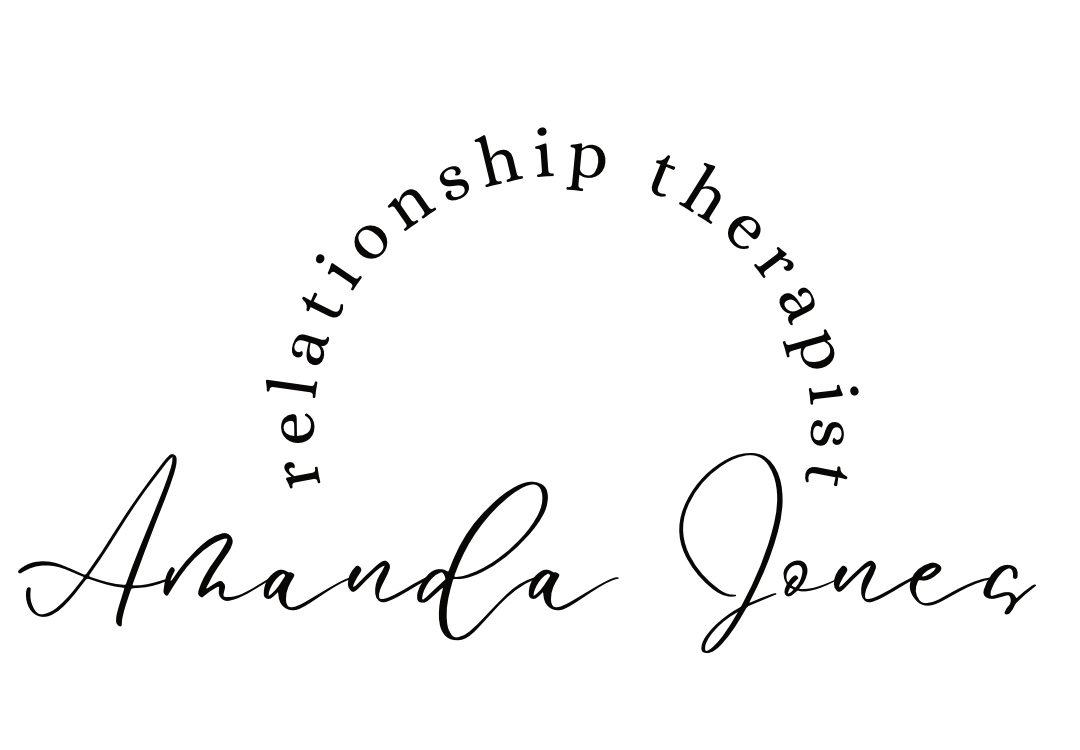My Therapeutic Approach
Couples Therapy Interventions
I’m a Gottman Level 2 certified therapist. The Gottman Method is a couples therapy model developed from over 50 years of research conducted by The Gottman Institute on the most effective interventions to help couples learn to manage conflict, deepen friendship and intimacy, and share their life purpose and dreams.
Emotionally focused therapy EFT is a short-term treatment grounded in attachment theory. Developed by Sue Johnson and Les Greenberg in the 1980s, this couples therapy approach is based on research and is notable for its effectiveness in relationships, sense of self, and in improving emotional bonds.
Individual Therapy Interventions
Acceptance and Commitment Therapy (ACT) supports individuals in living a life aligned with their values. If traditional cognitive behavioral approaches have left you frustrated, this may be a great fit for you. A huge difference is that ACT isn’t about getting rid of uncomfortable and unpleasant thoughts. Instead, the goal is to allow them to be present while using your values to drive your decision making. Stop wrestling and start accepting. (Easier said than done.)
Internal Family Systems (IFS) is a non-pathologizing evidence-based psychotherapy that identifies and addresses multiple sub-personalities within each person’s mental system. It focuses on healing the wounded parts and restoring mental balance and harmony by changing the dynamics that create discord among the sub-personalities and the Self. IFS treats individuals, couples, and families and a variety of concerns including depression, anxiety, panic, phobias, trauma, substance use, and general functioning.
Breaking Free of Unhealthy Relationship Habits
Way back in the 50s, John Bowlby developed attachment theory identifying four adult attachment styles.
If you’ve noticed patterns of behavior in your love life that aren’t serving you, it could be related to your attachment style. Let’s dive in and learn how you can be safe and secure in a healthy relationship!
Understanding Your Attachment Style
-
Often a result of inconsistent or unmet needs (physically &/or emotionally) from your primary caregiver.
May look like: an adult with low self-esteem, intense fear of rejection or abandonment, and clinginess in relationships.
-
Often the result of a strict and emotionally distant primary caregiver with little regard for expression of feelings, and encourage their child to be independent or use tough love.
May look like: an adult who is confident and self-sufficient. Little tolerance for emotional or physical intimacy.
-
Often a result of physical, verbal, or sexual abuse in childhood.
May look like: an adult with extremely inconsistent behaviors and difficulty trusting others.
-
People who have developed this type of attachment are able to self-regulate their emotions. They are aware of and able to express their feelings. They also tend to build deep, meaningful, and long-lasting relationships.
Strengthening
Your Relationship
Perhaps you already have a solid foundation and wanna take your relationship to the next level. I’m here for that too! There are two approaches.
Couples Therapy
Couples sessions aren’t just for folks who are having challenges. It’s also a space to explore where you’re at and set intentions for where you want to go.
Premarital Coaching Program
A 4-session one-on-one educational program that includes learning and practicing skills that will make your long-term commitment last. Learn more here.
Recovering from a Past Relationship
You just can’t figure out what went wrong between you and this person. They may be a past lover, parent, friend or boss but the relationship left you feeling confused, defensive or guarded. The truth is we don’t have to be romantically involved with someone for a relationship to cause harm.
The good news? You can heal, learn and regain your sense of self to feel empowered in all of your relationships!
If you are currently in a relationship that is emotionally, physically or sexually abusive, please reach out! For immediate support, contact The National Domestic Violence Hotline.
Repairing Relationship Distress
Do you feel disconnected?
Maybe it’s related to attachment or maybe life has just thrown you and your partner a few curve balls that you can no longer tackle on your own.
Whatever the case, it’s helpful to speak to a licensed professional who can help you navigate the situation and reduce built up resentment and frustration.
Are you at a crossroads?
If you’re at a crosswords with your relationship, this is for you too! Therapy is not about sticking it out. It’s about figuring out what’s best for both of you to move forward in a happy, healthy direction.
Can our problems really be resolved?
With the exception of emotional, physical or sexual abuse, many relational issues can be resolved in less than six months of dedicated work.
Reconnect with your partner and reach your goals together.
If you’re a data-driven person, you’ll find the Gottman Relationship Checkup very helpful for evaluating your progress. This assessment tool was developed by Drs. John and Julie Gottman whose approach has been proven to not only support and repair troubled marriages and committed relationships, but strengthen happy ones. It’ll give you a clear picture of your strengths, areas for growth and treatment plan. Let me know during your consult if you’re interested in learning more.




